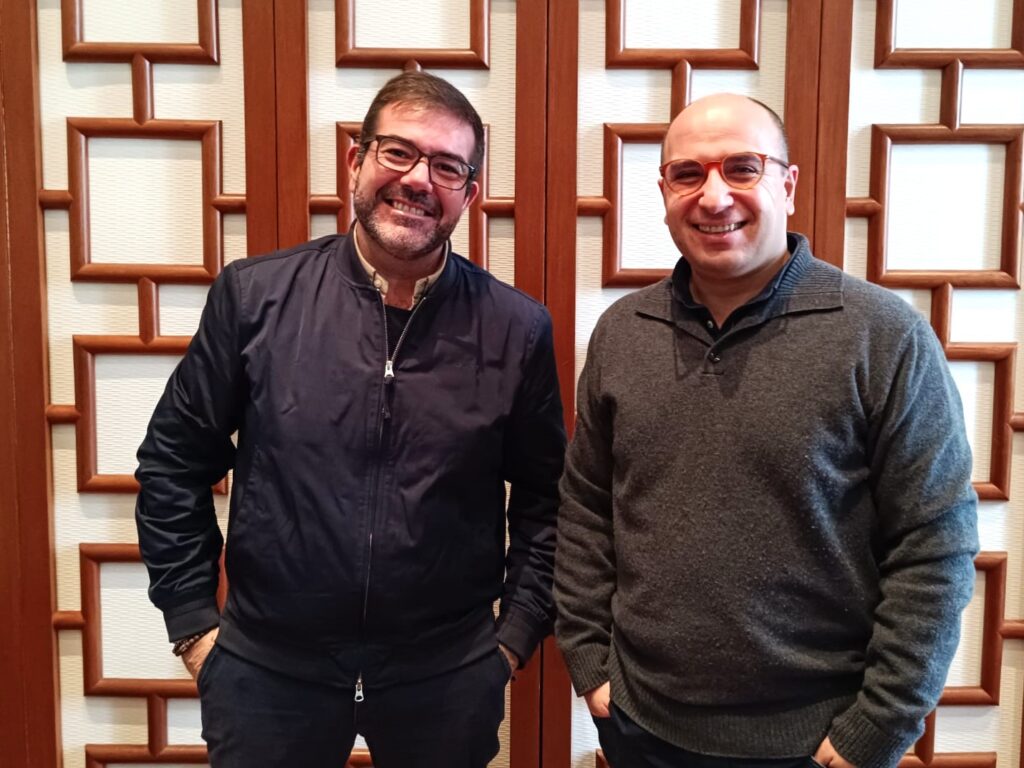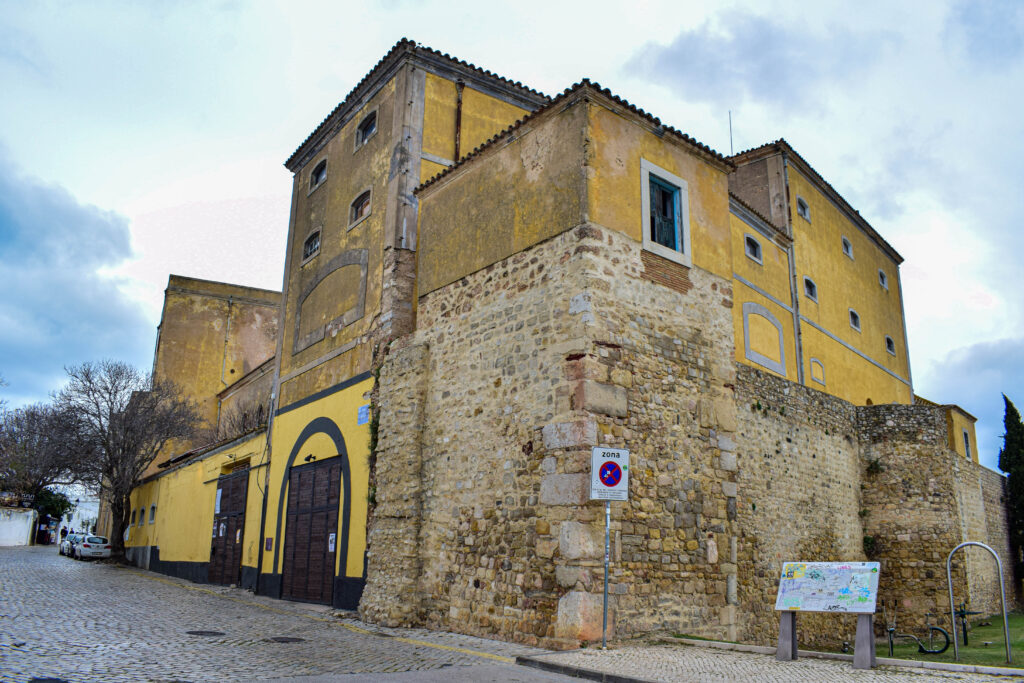Faro is one of the four cities that make up the Network of Cities of Culture, a platform that will allow the Algarve capital to leverage some of the projects that are part of its cultural strategy, but also to apply for financing for the ambitious requalification project of the Fábrica da Cerveja and its surroundings, in Vila-Adentro.
The Network of Cities of Culture was formalized this week and is led by the municipality of Évora, which will be the European Capital of Culture in 2027. They are part of it, in addition to Faro, two other finalist cities in the process of choosing the European Capital of Culture, Aveiro and Braga. This network also includes Turismo do Alentejo – ERT and Theatro Circo, Braga.
This network, explain its promoters, «arises as a result of the natural evolution of the work carried out by these cities over the last few years as part of their respective candidacies for European Capital of Culture 2027, an initiative that required the definition of a cultural strategy to each candidate city”.
It is precisely the initiatives foreseen in these strategies that are at stake here.
Since then, the ambitious project that the Chamber of Faro presented to Fábrica da Cerveja, which is intended to “infect” the surroundings, which was included in the candidacy of Faro the European Capital of Culture in 2027.
The Strategic and Functional Program for the Fábrica da Cerveja, which was presented in February 2022, foresees an investment of 13 million euros, which encompasses the rehabilitation and “reinvention” of the former Fábrica da Cerveja building, but also interventions in Quintalão, a space owned by the City Council. Faro which is connected to the Municipal Museum, and the creation of a new space for public enjoyment next to the walls of the old city, in a location that is currently private property.
«As part of the application we will make to the ITI “Urban Networks” program, in the case of Faro, there is a material component, which has to do with financing the work on the project that has already been publicly presented, at the beer factory», he revealed to Sul Informação Bruno Inácio, who coordinated the candidacy of Faro2027.
«What we presented was the completion of the first and second phases of the work. Therefore, it is the financing for this work », he added.
However, Faro is already “developing the project, it is taking place independently of this application. If we have this financing, the better».

In addition to this work, the Algarve municipality presented «two or three more projects, which have a lot to do with what came from the program we presented in the candidacy for the European Capital of Culture. Both Évora, which will be European Capital of Culture, and Aveiro and Braga, which will be National Capitals of Culture, presented projects that they will develop in this context. And we presented projects that we proposed to develop within the scope of the European Capital of Culture».
One of them is South Music, «which is a project that we had already started previously and which made sense to include in this protocol, after the discussion we had with the other cities", which is based on "this idea of supporting local and regional agents in the field of music".
«This project, if the application is approved, will be developed in FaroFrom Faro and will have this component of support for local and regional artists. But it gains scale here, because it then joins a network with Évora, Aveiro and Braga. And this also ends up boosting the initial idea of the project itself, which is, essentially, to expand the music sector in the Algarve», concluded Bruno Inácio.
The second edition of this event, which brings together professionals from the music sector, will take place in 2024.
«We are talking here about a network that we entered. We signed a protocol with the three cities that went to the final phase of the European Capital of Culture", said, for his part, Paulo Santos, vice-president and councilor for Culture at the Chamber of Faro.
In other words, of the eight candidate cities that did not reach the final stage, Faro was the only one that entered into this protocol, something that, in this person's view, is «the recognition of other cities and other regions in relation to the work we developed» in the candidacy Faro2027.
«The process initiated with the application Faro2027, for us, is irreversible. We continue to allocate a slice of around 10% of the Municipal Budget to the areas of culture, whether in our own expenses or those inherent to the municipality – theater, library, museum, archaeology, etc. -, but also very supported in terms of support for local associations, so that they can have the financial means to gain muscle, in terms of programming and in terms of initiatives», he added to Sul Informação Paul Santos.
Since 2017, the year in which the work that culminated in the candidacy for European Capital of Culture began, the Chamber of Faro invested heavily both in joining international networks and projects – «such as rooftops and modernism» -, and in encouraging associations, so that they increasingly sought national, but also international, financing.
«This has been a visible success, not only for us, but for the associations. We currently have a group of associations, such as ArQuente, Scaiena, the Musicians Association itself, which, at this moment, are beginning to have sustainability here in terms of vision and national and international programs – as was already the case with LAMA, ACTA and, more recently, JAT. The process is having a huge return in the cultural world», assured Paulo Santos.


















Comments